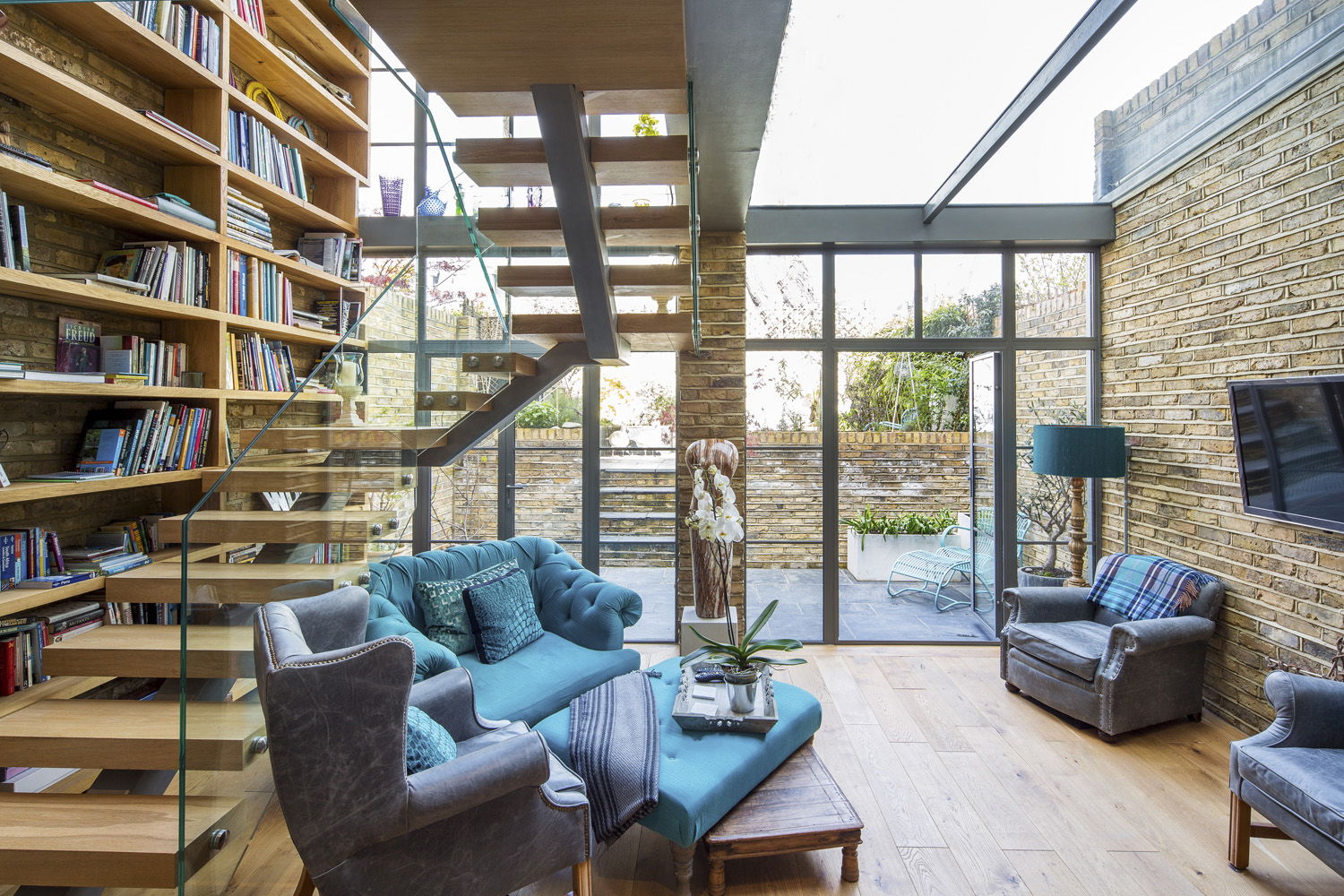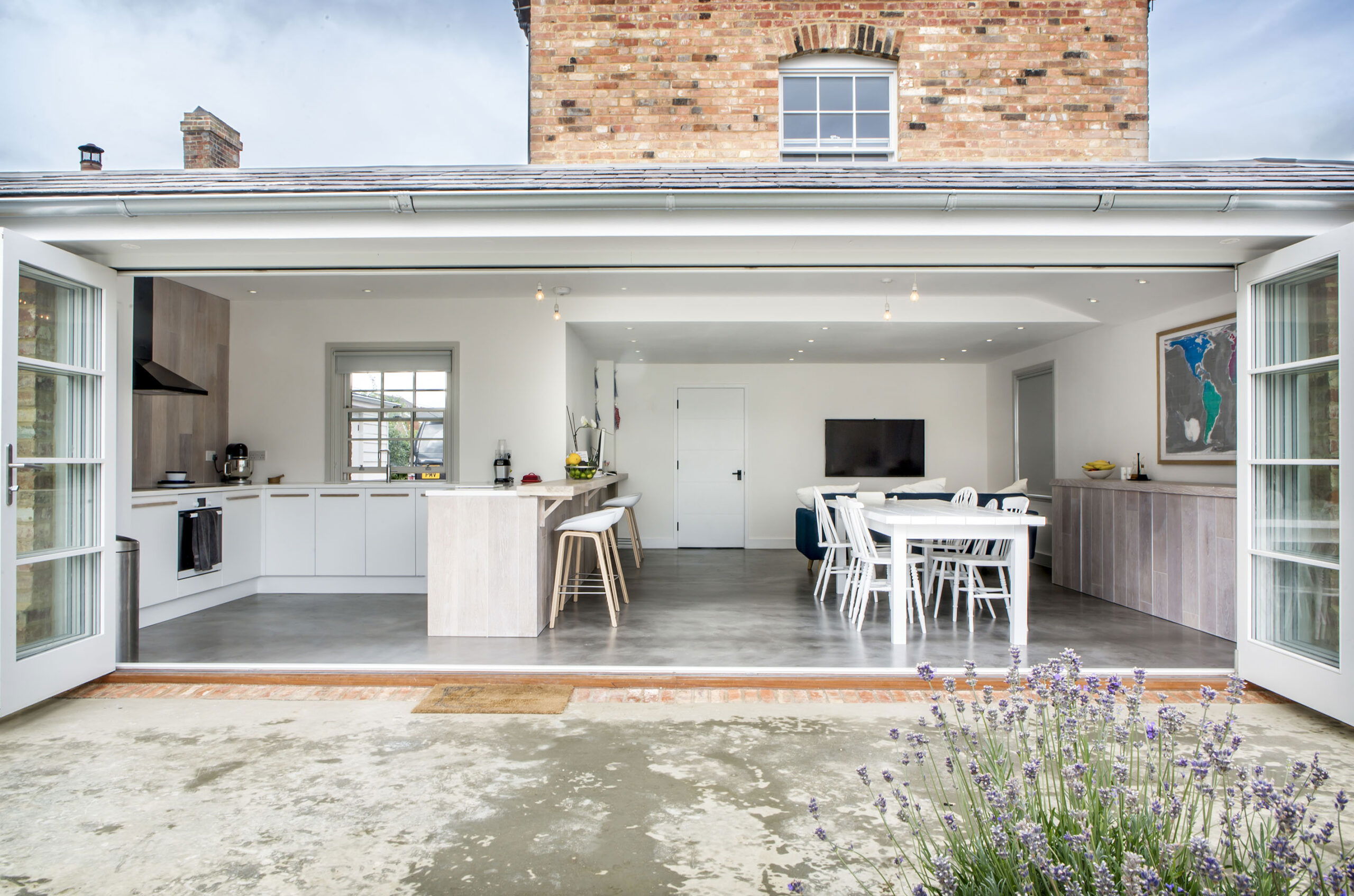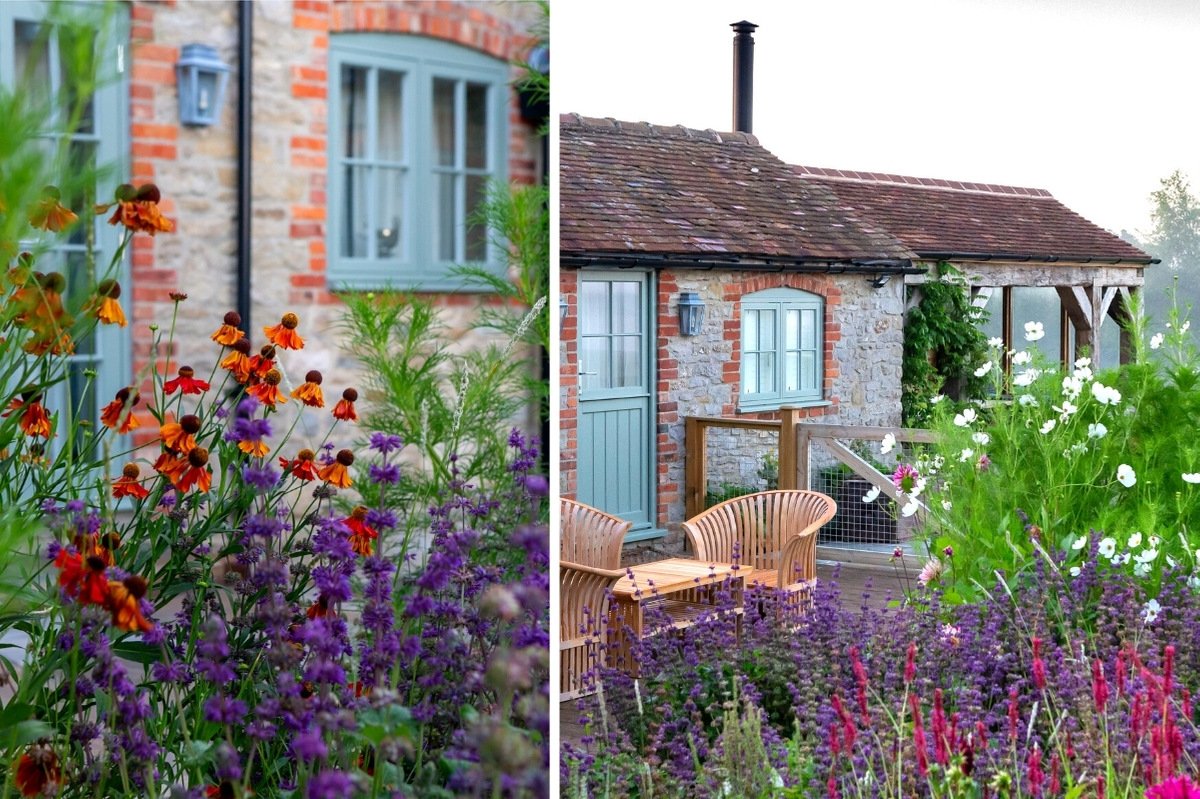Planning Permission
What are the planning stages?
Once the application is made, there are essentially six key stages of the process as summarized below.
Stage 1 – Validation – Duration 1-2 weeks
Once made, the application will be checked to ensure all documents and fees have been submitted and any omissions will be requested before processing can start. Shortly after the application has been validated, the Council will normally notify you or your Agent of the decision date that the application should be considered by. This is generally 8 weeks after it has been registered and we will advise you of this date once received.
Stage 2 – Consultation and Publicity – Duration 3-4 weeks
As soon as the application has been validated, consultations are sent to various bodies to obtain their views. This usually includes experts such as the highways department and, if applicable, may also include Conservation or Listed Building Officers and the Parish Council. The Council will also write to your immediate neighbours that they consider will be affected by the proposal and any Local Residents Associations.
Advertisements, where required, are placed in the appropriate local paper and on site and indicate how to view plans and how to comment on them. The need for advertisements in the press and on site is a requirement of legislation, and are often supplemented by Council’s individual policies and procedures. A period of time, usually 21 days from the date of publishing, is allowed for comments to be obtained. The cut off date is normally given by the Council on their website, together with electronic copies of any objections received.


Stage 3 – Consideration – Duration 1-2 weeks
Once the consultation period has ended, the site is inspected and the application assessed by the Case Planning Officer, taking into account planning policies, consultation responses and public representations. The case officer will normally only contact you to advise of this inspection if access is required.
Stage 4 – Negotiation – Duration 1-2 weeks
If minor problems are identified with the application and there is scope to address these through limited alterations to the proposal, the officer may contact you or us to seek suitable amendment. Stages 2 and 3 may have to be repeated if amendments which significantly change the application are made. In some cases, where the application raises fundamental concerns, the planners will be unable to consider amended plans during the determination of a planning application.
Most planning applications (unless they are major applications) need to be determined within eight weeks and if major changes were made, then people would have to be consulted again on those changes and the planning application would not be able to be determined within the time scale laid down by the government. In some case, it may be worth considering withdrawing the application and resubmitting it which will avoid a refusal.

Stage 5 – Recommendation – Duration 1-2 weeks
The Case Planning Officer will make a recommendation to the person or body authorised to make a decision. This will either be the Planning Control Committee or an individual to whom authority to make a decision has been delegated. If the application is to be decided at a Committee meeting, the objectors and the applicant will be contacted to be advised of the time and venue and of any arrangements to enable them to take part. Such meetings are held in public and all interested parties are free to attend and observe how a decision is reached. Public speaking is also permitted.
Stage 6 – Decision – Duration 1-2 weeks
A decision is taken on the application either by the Planning Control Committee or The Chief Planning Officer.
If your Planning Application is approved, a certificate will be sent to you or your Agent which you should keep in a safe place as it may be required when the property is sold. You are then able to complete and finalise the Building Regulations approval before proceeding with the work. Planning applications can be refused where they conflict with planning policies and are viewed to have a detrimental effect on the environment.
Where this occurs, you have the right to appeal against the decision but it is often better to try and negotiate a revised scheme that is likely to obtain approval. In reaching a decision, the Council is required by law to limit the matters it takes into account, often referred to as material considerations. What does and does not qualify as a planning matter varies between applications, but can generally be summarised as the impact of the development proposed on the surrounding environment and infrastructure. Matters which should not be taken into account include who is applying, their past history and the effect on the value of neighbours property.

In Summary
We hope that the above information helps you to understand the process of a planning application and the reason that it can take 8-10 weeks to reach a decision.